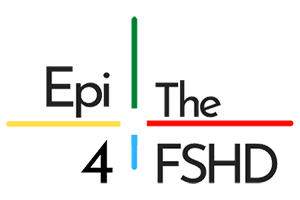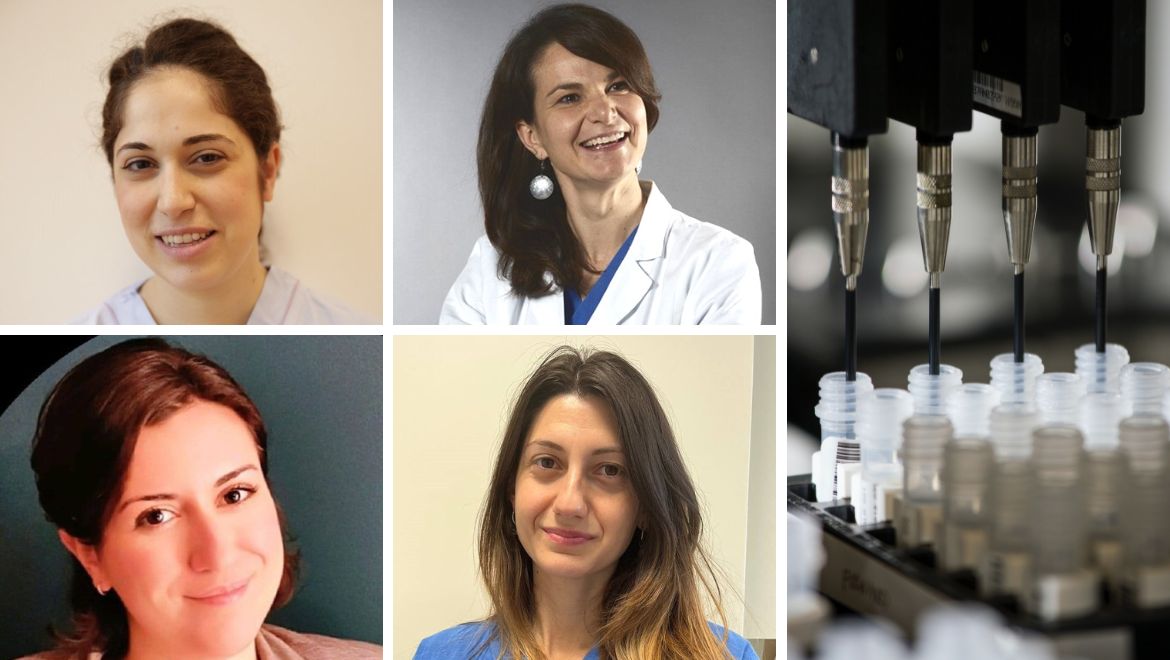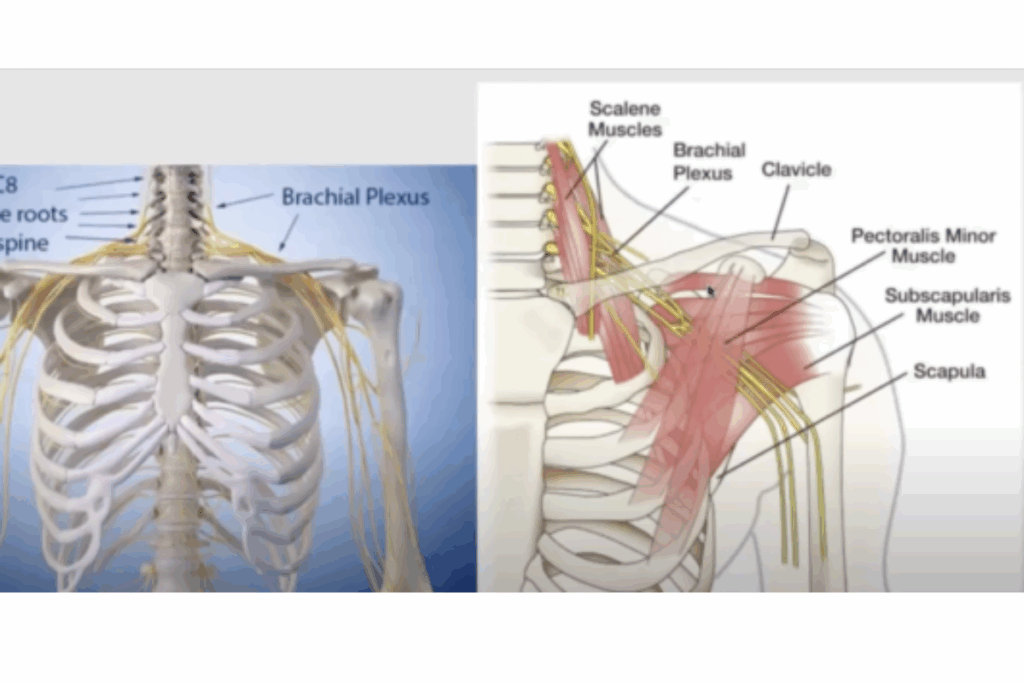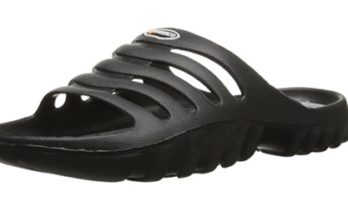How will patients be recruited? What are the eligibility criteria for participation in the trial?
The NeMO Center in Milan currently provides care for around 100 individuals with FSHD, some of whom have early-onset forms of the disease. Recruitment will be strictly based on the inclusion/exclusion criteria defined in the study protocol. In particular, this trial refers to adult patients aged 18 to 65 who are ambulant and have a genetically confirmed diagnosis of either Type 1 or Type 2 FSHD. The study also requires residual motor function in the shoulder girdle and upper limbs, which will be assessed through specific instrumental evaluations, confirmed based on the study’s requirements. Potential participants who meet the criteria will be contacted by the NeMO Milan team, who will confirm their eligibility and, of course, assess their willingness to participate.
How does the Fulcrum trial work? How is the NeMO Center in Milan organizing for it?
Fulcrum is a randomized, double-blind, placebo-controlled phase 3 pharmacological trial. This means neither the patient nor the clinical team will know whether the administered treatment is the actual drug or a placebo, ensuring methodological rigor. The study will last 48 weeks and primarily aims to evaluate the effectiveness of the oral drug losmapimod in blocking the DUX4 gene, which plays a central role in the pathology’s etiology. Clinically, the goal is to slow disease progression, particularly in upper limb function.
To this end, the study includes regular and systematic clinical evaluations to monitor disease progression and potential drug effectiveness, while also tracking any side effects. It’s worth noting that safety studies have already been conducted, and the drug has demonstrated a good safety and tolerability profile in earlier trial phases.
From an organizational standpoint, NeMO Milan—through its Clinical Research Center—has been conducting pharmacological trials since 2017, with a research team experienced in managing clinical studies across various neuromuscular disorders. A dedicated team will also handle the Fulcrum trial, working in coordination with national and international networks.
What happens in the trial if a patient’s condition worsens?
As previously mentioned, the drug’s safety and tolerability have already been confirmed. If any side effects do occur, they will be reported to the coordinating center and promptly assessed from both scientific and clinical practice perspectives. It’s important to stress that patients are entirely free to join or withdraw from the trial at any time, and this decision will in no way affect their ongoing care at the center. That commitment remains a core part of our mission.
The study’s goal is to slow the typical progression of FSHD, and the drug is not expected to cause any worsening of the condition.
If, during disease monitoring, a functional decline is observed, it will be analyzed at the end of the 48-week study period to determine how much, if any, of that decline may be linked to the drug or placebo, versus the natural course of the disease. In any case, even a smaller-than-expected decline compared to the natural history of the disease—i.e., what would occur without the drug—would be considered a positive result.
This trial is one of several ongoing or upcoming studies, reflecting the growing scientific interest in FSHD research.
For example, NeMO Milan is currently recruiting for a phase 2 trial (double-blind, placebo-controlled) to assess the effectiveness of antimyostatin (RO7204239 – a monoclonal antibody that binds to myostatin). This study will last 2 years and is recruiting ambulant adult patients.
NeMO Milan is also involved in upcoming phase 1/2 trials to assess the safety and tolerability—and explore the effectiveness—of the intravenously administered molecule AOC1020, which also aims to block the DUX4 gene. The preliminary study protocol is currently under review at the Center.
In the photo: top left Alessandra Di Bari, top right Elena Carraro; bottom left Monica Montuori, bottom right Vania Campanella
Special thanks to the Communications Office of the NeMO Clinical Centers for their collaboration.





